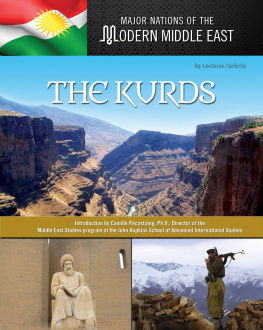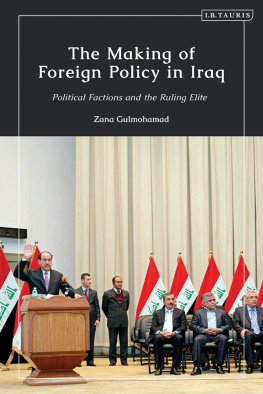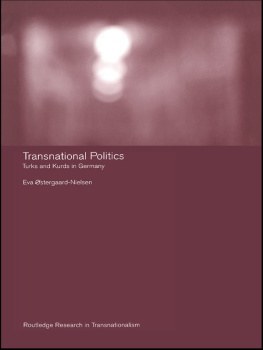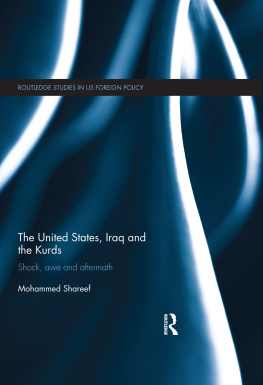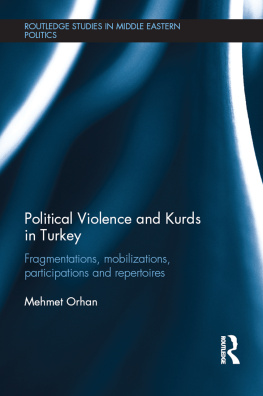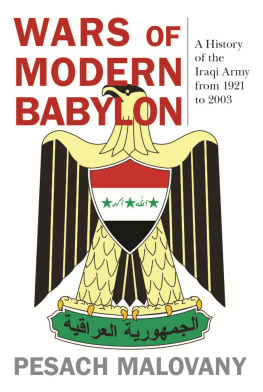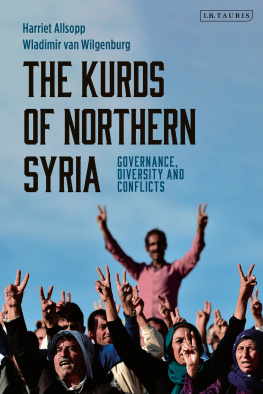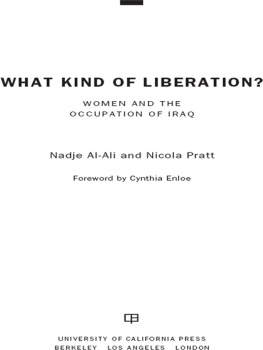
The Iraqi Kurds and the Cold War
Examining the effects of the Cold War and regional politics on the Iraqi Kurds between 1958 and 1975, this study demonstrates how regional and international powers sought to exploit the Iraqi Kurds in their quest for statehood. The research draws on a plethora of British and American archival documents and select Soviet and Iranian sources integrated with Kurdish authoritative and eyewitness accounts.
The work explores the Iraqi Kurds on three levels: Firstly, on a national Iraqi level, starting with the Iraqi Revolution in 1958 to the collapse of the Kurds liberation movement in 1975 under Mela Mustafa Barzani. Secondly, it considers the issue on a regional level by examining the political dynamics between Iran (under the Shah), Iraq, Egypt (thus Nasserists) and other regional states, with a focus on these states relations and tensions. Thirdly, it scrutinises the impact of the Cold War on the politics and history of Iraq, focussing on the effects on the Kurds in particular.
Complementing the existing literature, this volume builds a chronological narrative through historical analysis. It is a key resource for students, scholars, policymakers and regional experts interested in Kurdish history, foreign policy, politics and security in the Middle East.
Hawraman Ali is a lecturer at the Department of International Relations and Diplomacy of Tishk International University, Erbil. He completed his PhD in Middle Eastern Studies at the University of Manchester, UK, in 2017.
Routledge Studies in Middle Eastern Politics
93. Power Sharing in Lebanon
Consociationalism Since 1820
Eduardo Wassim Aboultaif
94. Israel in a Turbulent Region
Security and Foreign Policy
Edited by Tore T. Petersen
95. Women in Turkey
Silent Consensus in the Age of Neoliberalism and Islamic Conservatism
Gamze avdar and Yavuz Yaar
96. The Decline of Democracy in Turkey
A Comparative Study of Hegemonic Party Rule
Krat nar
97. Ethnicity and Party Politics in Turkey
The Rise of the Kurdish Party during the Kurdish Opening Process
Berna ney
98. Religion and Hezbollah
Political Ideology and Legitimacy
Mariam Farida
99. Erdoans New Turkey
Attempted Coup dtat and the Acceleration of Political Crisis
Nikos Christofis
100. The Iraqi Kurds and the Cold War
Regional Politics, 19581975
Hawraman Ali
For a full list of titles in the series: https://www.routledge.com/middleeaststudies/series/SE0823
The Iraqi Kurds and the Cold War
Regional Politics, 19581975
Hawraman Ali
First published 2020
by Routledge
2 Park Square, Milton Park, Abingdon, Oxon OX14 4RN
and by Routledge
52 Vanderbilt Avenue, New York, NY 10017
Routledge is an imprint of the Taylor & Francis Group, an informa business
2020 Hawraman Ali
The right of Hawraman Ali to be identified as author of this work has been asserted by him in accordance with sections 77 and 78 of the Copyright, Designs and Patents Act 1988.
All rights reserved. No part of this book may be reprinted or reproduced or utilised in any form or by any electronic, mechanical, or other means, now known or hereafter invented, including photocopying and recording, or in any information storage or retrieval system, without permission in writing from the publishers.
Trademark notice: Product or corporate names may be trademarks or registered trademarks, and are used only for identification and explanation without intent to infringe.
British Library Cataloguing-in-Publication Data
A catalogue record for this book is available from the British Library
Library of Congress Cataloging-in-Publication Data
A catalog record has been requested for this book
ISBN: 978-0-367-34574-7 (hbk)
ISBN: 978-0-429-32664-6 (ebk)
Typeset in Times New Roman
by TNQ Technologies
To my parents, Ning and my late grandparents
Contents
August 1920the Allies and the Ottomans signed the Treaty of Svres, paving the way for Kurdish statehood.
July 1923the Treaty of Lausanne annuls the Treaty of Svres, reneging on promises made by Svres regarding Kurdish self-determination.
1922, 1931, 1937, 1943 and thereaftermajor Kurdish revolts take place.
August 1946the Kurdish Democratic Party is established.
July 1958the monarchy in Iraq is ousted.
September 1961major hostilities break out between Kurds and Qasims regime.
February 1963Qasims regime overthrown, Ba'athist government vows to make peace with the Kurds.
June 1963fighting resumes; Kurdish appeals for US backing prove futile.
November 1963the Ba'ath is overthrown, and pro-Nasserite Nationalists take powerIran alarmed.
June 1966the government in Baghdad offers the Bazzaz Declaration through Prime Minister Abd al-Rahman al-Bazzaz.
July 1968the Ba'athists overthrow the Nationalists.
January 1969the Ba'ath government resumes the war in Kurdistan.
March 1970the KDP and the Ba'ath sign the March 11 Accord.
September 1971the Ba'ath attempt to assassinate Barzani.
April 1972Iraq and Soviets sign the SovietIraq Treaty of Friendship and Cooperation.
May 1972King Hussein of Jordan offers complete backing for Barzani albeit secret.
May 1972Nixon and Kissinger visit Iran, after the Moscow Summit.
July 1972high-ranking US officials agree to meet Kurdish leaders.
August 1973Nixon authorises limited covert backing for the Iraqi Kurds.
March 1974Saddam Hussein gives ultimatum to Kurdish leaders.
August 1974the Ba'ath government launches all-out military action in Kurdistan.
March 1975Saddam Hussein and the Shah of Iran reach an agreement in Algiers, which also includes selling out the Kurds by Iran. Kurdish pleas with the US not to abandon them immediately after this agreement are all futile, with Israel also backtracking on its promises.
April 1975Kurdish leaders with their Peshmerga decide to abandon the War, disperse or take refuge elsewhereTurkey uses troops to prevent Kurds feeling, even to Iran via the Turkish border.
| CENTO | Central Treaty Organisation |
| CIA | Central Intelligence Agency |
| CUP | Cambridge University Press |
| DDRS | Gales Declassified Documents Reference System |
| DNSA | Digital National Security Archive |
| DOD | Department of Defence |
| FO | Folder |
| FRUS | Foreign Relations of the United States |
| GOI | Government of Iraq |
| ICP | Iraqi Communist Party |
| IPC | Iraqi Petroleum Company |
| ISIS | Islamic State of Iraq and Syria |
| KDP | Kurdistan Democratic Party |


